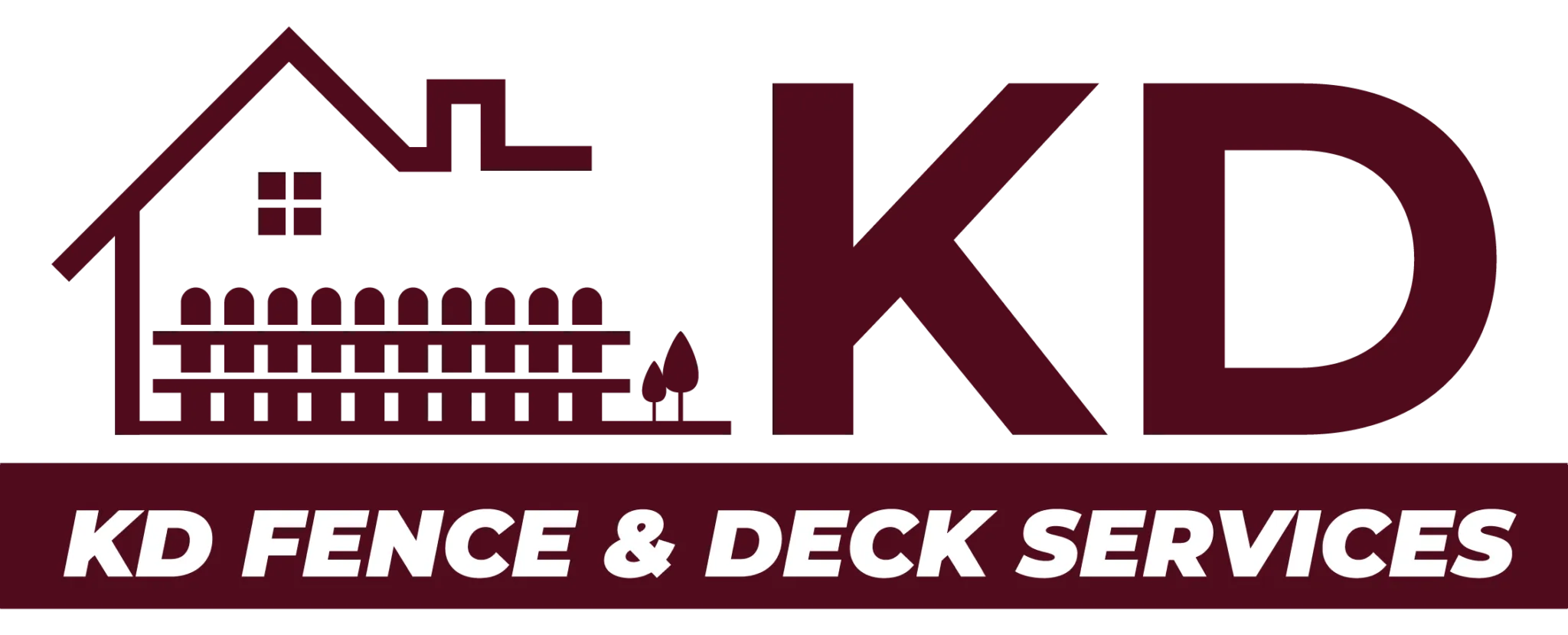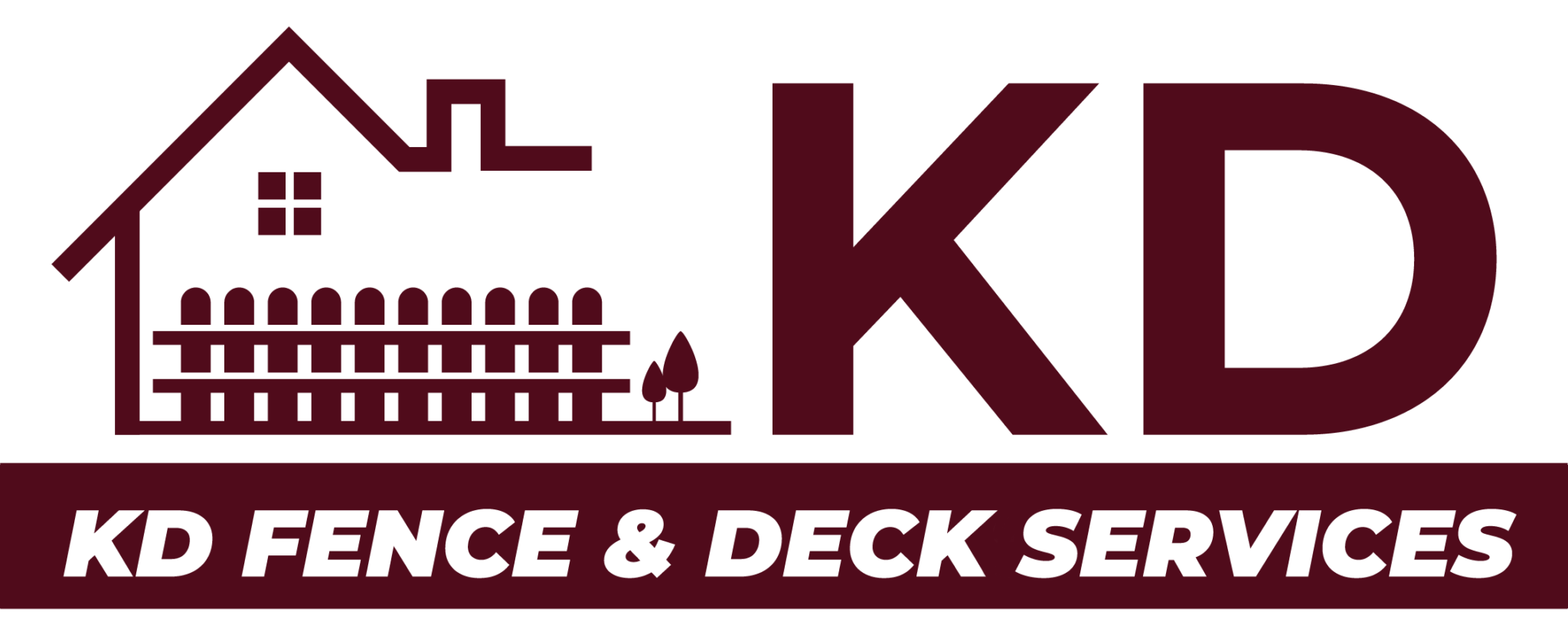As a homeowner, you know the satisfaction you feel once your fence gets installed. It proves that a fence is more than just a boundary line. Not only does it provide privacy and security, but also improve the home’s overall appearance. However, fence inspection is invaluable, as it exposes to climates and you need to maintain your fence constantly to make sure it’s in excellent condition.
This is why routine fence inspections are crucial in maintenance. Because it helps to avoid expensive repairs, by identifying potential issues beforehand.
Let’s explore the importance of regular fence inspections, what to look for, and how often you should do them.
Why Inspect Your Fence Regularly?
Many homeowners don’t realize the fence inspection importance until the fence gets damaged or undergoes major issues. Yet knowing the reasons why you should inspect your fence regularly will help you to avoid such issues.
Fences are constantly exposed to sun, rain, wind, and also the changes in ground conditions. If you don’t have routine fence checkups, small problems can worsen rapidly.
Why regular fence inspections are important for property value is simple: a well-maintained fence improves your home’s curb appeal and it directly impacts the value of your home. In contrast, sagging, leaning, or broken fences give a negative impression to people.
Regular fence inspections are vital for maintaining structural integrity, ensuring safety, and extending the lifespan of your fencing. For a comprehensive guide on conducting effective fence inspections, refer to the Fence Perimeter and Field Inspection Log provided by Michigan State University Extension.
Common Problems Found During Fence Inspections
If you conduct a thorough fence damage assessment, you will be able to discover a variety of issues. It doesn’t matter if you’re inspecting wood and vinyl fences or other materials, here are some signs of fence wear and tear that you should inspect:
- Rotting fence posts (especially with wooden fences)
- Loose fence boards or panels
- Post and panel alignment issues
- Cracks or splits in boards
- Rusted hardware or fasteners
- Warping due to moisture or heat
Identifying these problems early lets you prevent fence maintenance, saving you time and money in the long run.
Check our article regarding the fence repair costs, to have a clear idea about how much you have to spend.
How Often Should You Inspect Your Fence for Damage?
You can perform a routine fence checkup at least twice a year, like once in the spring and again in the fall. Additionally, inspect your fence after major weather conditions such as storms, high winds, or heavy snowfall. These inspections can help you to identify the problems before they get worse.
For those who are wondering, “How often should you inspect your fence for damage?’ The answer depends on your local climate and the materials you have used for the fence.
- Wooden Fences – Require regular inspection as it tends to rot, warp or undergoes for insect damages
- Vinyl Fences – Although they are low-maintenance, you have to give periodic cleaning to remove mildew and dirt.
- Chain Link Fences – Inspect for rust, corrosion and loose components and replace the damaged parts
- Metal Fences – Regular inspection is needed to prevent the fence from corrosion and rust.
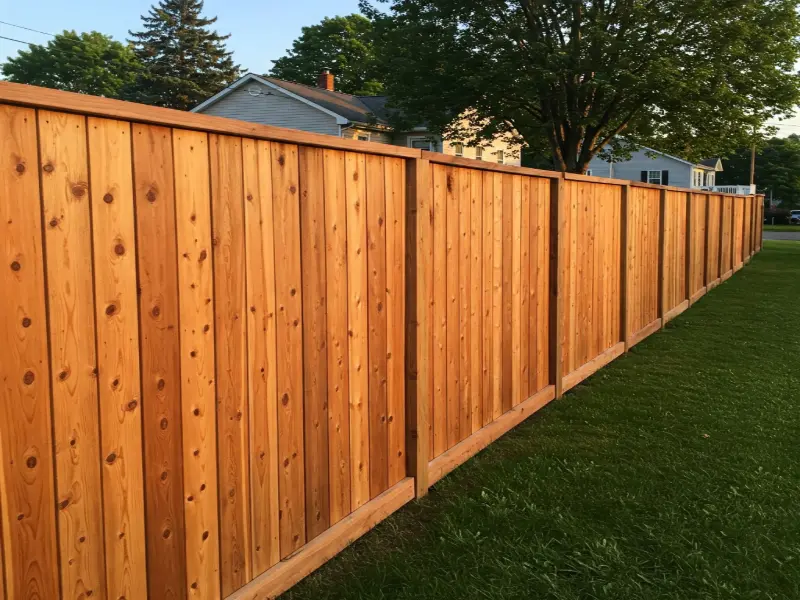
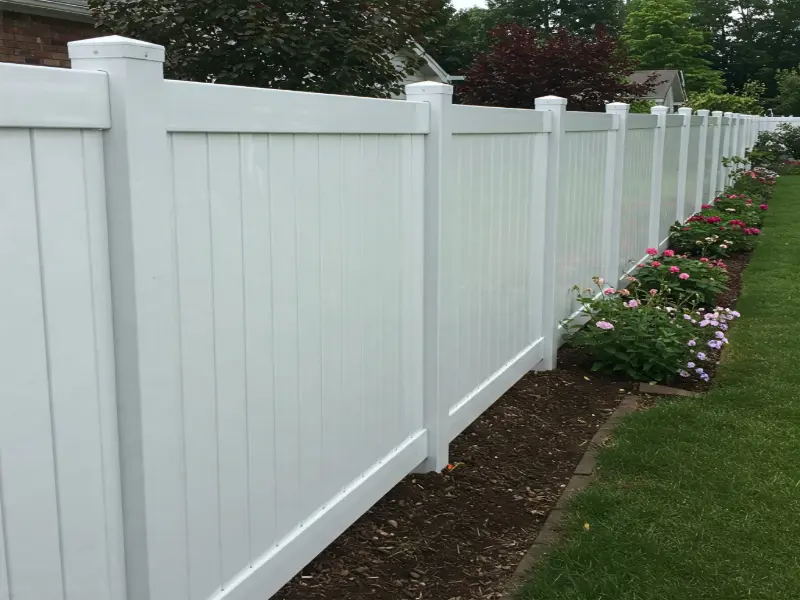
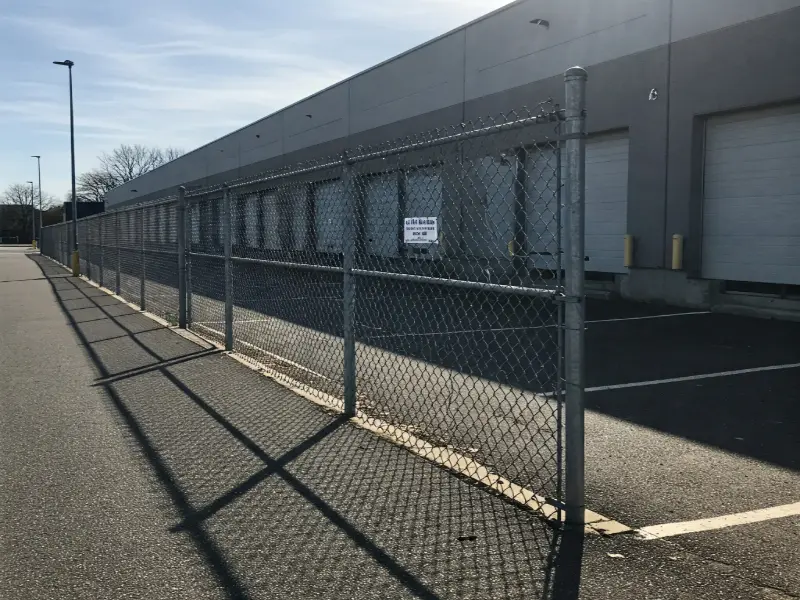
Tips for Doing Your Own Fence Inspection at Home
Professional inspections are needed at certain situations, yet many homeowners can inspect their own fence maintenance checklist using a few simple steps:
- Inspect your entire fence by walking along its length, and check for any signs of visible damage or leaning
- Shake posts to check for their sturdiness. If they move, it may indicate rot or poor installation.
- Look closely at joints and fasteners for rust or weakness.
- For wood fences, tap on boards to listen for hollow sounds (a sign of rot).
- For vinyl fences, look for cracks, discoloration, or loose panels.
When you have these basic tips for doing your own fence inspection at home, you can identify the issues earlier and help to avoid unnecessary repairs.
Benefits of Routine Fence Inspections for Homeowners
Regular fence inspections give a wide range of benefits. First, they ensure fence safety checks are a part of your regular home maintenance.This can be especially important if you have children or pets that play near the fence line. Here are some additional advantages that you get by inspection your fence regularly:
- Upgrade the aesthetic appeal of your property
- Preventing unexpected repair bills
- Extending the life of your fence
- Maintaining privacy and security
Can spot minor damage before it becomes a major concern
Final Thoughts on Fence Upkeep and Repair
Regular inspections are an essential part of home maintenance that helps to safeguard your investment. Whether giving preventive care, damage assessments, or following a detailed maintenance checklist, you can ensure its longevity and stability through continuous maintenance. Instead of waiting for issues to arise, you can plan your next fence safety check now,to keep it in good shape for the long term.
If you are a homeowner who seeks professional help, you have come to the right place. Our professional team is always ready to provide you the best service with the best equity materials.
Reach us at KDfence and Deck services Or call (716) 452-9220
FAQ
Neglecting the maintenance will create lots of issues in your fence.such as deterioration, decrease property value, safety hazards, and sometimes you will have to face legal issues for non-compliance with local regulations.
The cost of maintaining and repairing fences depends widely on factors like the extent of damage, type of materials you used. If you hire a professional, the cost will depend on their service charges. Moreover, major repairs will be more expensive.
